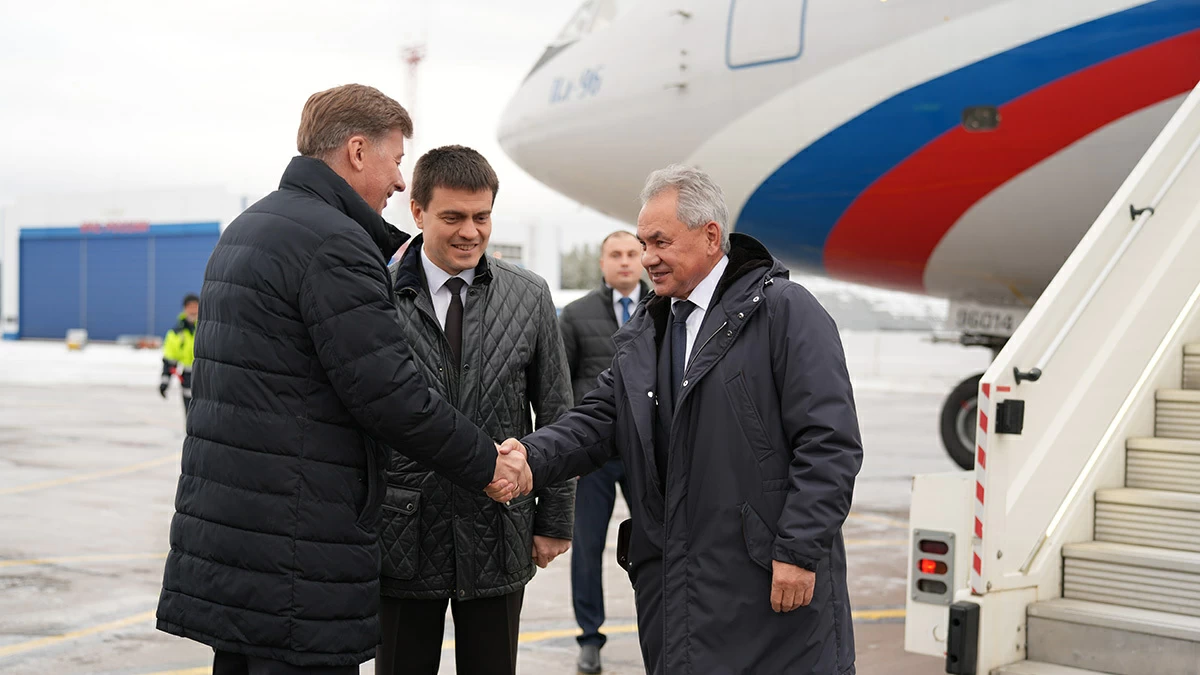
RUSSIA MOVES TOWARD OPEN ANNEXATION OF ABKHAZIA, SOUTH OSSETIA
RUSSIA MOVES TOWARD OPEN ANNEXATION OF ABKHAZIA, SOUTH OSSETIA
On April 16 Russia’s outgoing president Vladimir Putin signed a decree authorizing direct official relations between Russian government bodies and the secessionist authorities in Georgia’s Abkhazia and South Ossetia. The decree also treats as valid the secessionist authorities’ “legislation” in the respective territories, which looks somewhat farcical, given the fact that Moscow had installed those authorities in the first place. In Abkhazia’s case, this move also capitalizes on the Moscow-sponsored mass ethnic cleansing of Georgians.
Putin’s decree caps Russia’s policy of creeping annexation of Abkhazia and South Ossetia over the last few years. The April 16 decree turns an unofficial policy into a semi-official and fully open one. It marks the first overt Russian move to change the post-1991 internationally recognized borders and revert de facto to those of the Soviet-era. Faced with this potentially momentous development, the responses of the European authorities range from silence by most of them to evasive comments by the few that have spoken at all.
The decree (Interfax, April 16, 17) instructs Russia’s ministries and other government bodies to work directly with their counterparts in Abkhazia and South Ossetia on a full range of bilateral cooperation activities; recognize the “legal” acts issued by Abkhaz and South Ossetian authorities; recognize entities registered under Abkhaz and South Ossetian “laws”; and provide legal assistance on matters of civil and criminal law directly to Abkhaz and South Ossetian authorities and residents (most of whom have previously been turned into purported Russian citizens through “passportization”).
The presidential decree also envisages the drafting of further Russian government initiatives on the “economic development of these two republics” and “protection of Russian citizens” there. Economic development probably implies accelerating Russian takeovers of property and launching construction work in Abkhazia, ahead of the Winter Olympic Games to be held in nearby Sochi. Protection of its citizens may well turn into an excuse for deploying additional Russian troops. The presidential decree stops short of mentioning activities by military and security services, long the main instruments of Russian policy in the two territories.
The decree also stops well short of offering diplomatic recognition or establishing diplomatic relations. Consular affairs are to be handled out of offices in Russian territory adjacent to Abkhazia and South Ossetia. Moscow’s move seems to follow the motto: “Everything but official recognition.”
In a prelude to Putin’s decree, the Duma had recommended on March 13 and 21that the Russian government consider a wide range of direct interactions with the authorities in Abkhazia and South Ossetia and protection of Russia’s citizens there.
On April 3 Putin wrote a letter in response to an appeal from Abkhazia’s and South Ossetia’s de facto leaders, addressing them as “Presidents” and announcing that Russia would take “not declarative, but practical steps.” Timed to the NATO summit in Bucharest, where Putin arrived that same day, his letter could be taken as implying that Russia would take those steps in Abkhazia and South Ossetia if Georgia moved toward NATO membership. Following the NATO summit, Russian Minister of Foreign Affairs Sergei Lavrov and the Chief of Armed Forces’ General Staff, General Yurii Baluyevsky, warned on April 8 and 11, respectively, that Russia would take measures against Georgia. Responses in the West were few and feeble, apparently emboldening Moscow into proceeding with this set of measures.
Following the publication of Putin’s decree, the European Union finally managed to muster a response through its Slovene presidency (EU Statement, April 17). Apparently a lowest common denominator, the EU statement essentially passes the buck to the United Nations regarding Abkhazia and the OSCE regarding South Ossetia. The document variously expresses regret and concern to all sides involved, in a studiously even-handed manner. The Office of the EU’s High Representative for the Common Foreign and Security Policy, Javier Solana, called through a spokesperson for a peaceful resolution to “these types of conflicts” (press release, April 17). It remained unclear what types of conflicts that office thinks these conflicts are. Meanwhile, the EU’s Permanent Representative for the South Caucasus, Peter Semneby, has yet to speak up, evidently for lack of authorization from his superior Solana.
The OSCE’s Finnish Chairmanship has taken this opportunity to “reaffirm full support for the existing negotiation mechanisms “in the formats agreed on by all parties,” a position in line with Russia’s and contradicting Georgia’s goal of reforming those Russian-created mechanisms. The Chairmanship’s statement also evenhandedly urges all parties to behave peacefully (press release, April 17)
Within the Parliamentary Assembly of the Council of Europe (PACE), a list is open for signatories to a written declaration criticizing Putin’s decree and Russia’s latest moves against Georgia. Calling attention to the violation of international law, risk of regional destabilization, attempts at forcible territorial changes, and a breach of multiple Russian commitments to international organizations, the written declaration urges Russia to reverse these moves. It also notes that Russian “peacekeeping” troops are not neutral but a party to the conflicts. The European Parliament (EP) may well react in similar terms; but irrespective of how many PACE or EP members may line up behind such interparliamentary resolutions, their terms of reference underscore the growing irrelevance of the UN and OSCE.
NATO can find relevance in filling this vacuum of international authority. Secretary-General Jaap de Hoop Scheffer has issued a statement criticizing Russia’s violation of Georgian sovereignty and urging Russia to reverse these measures (press release, April 17).


